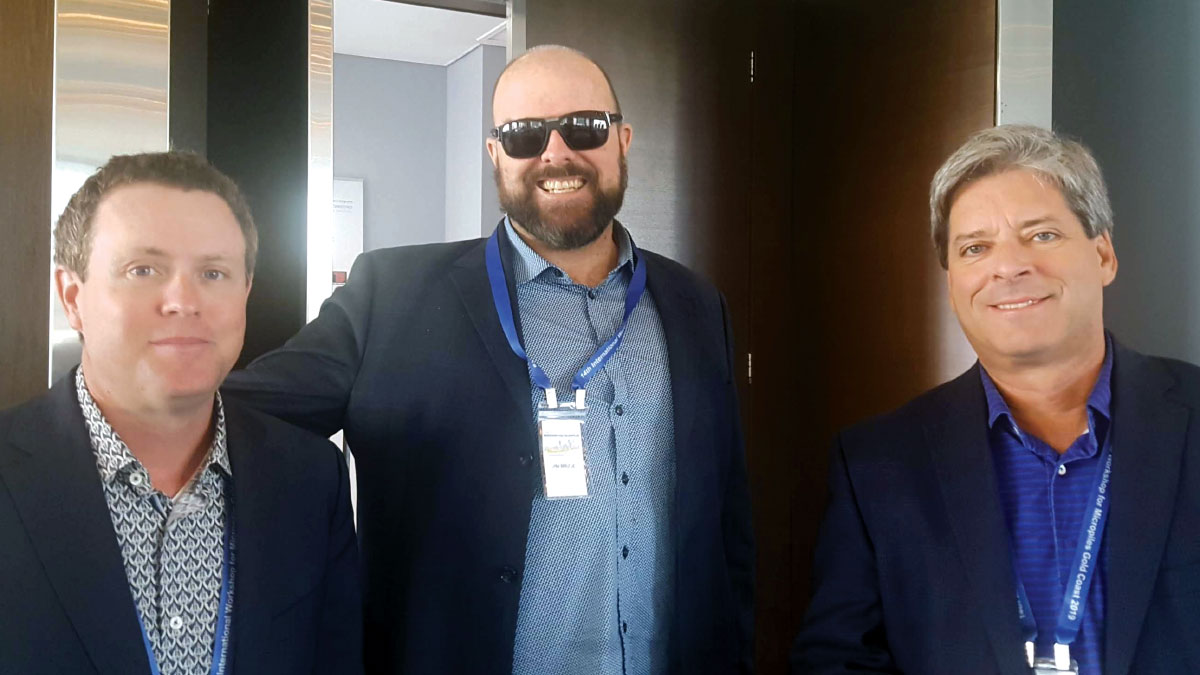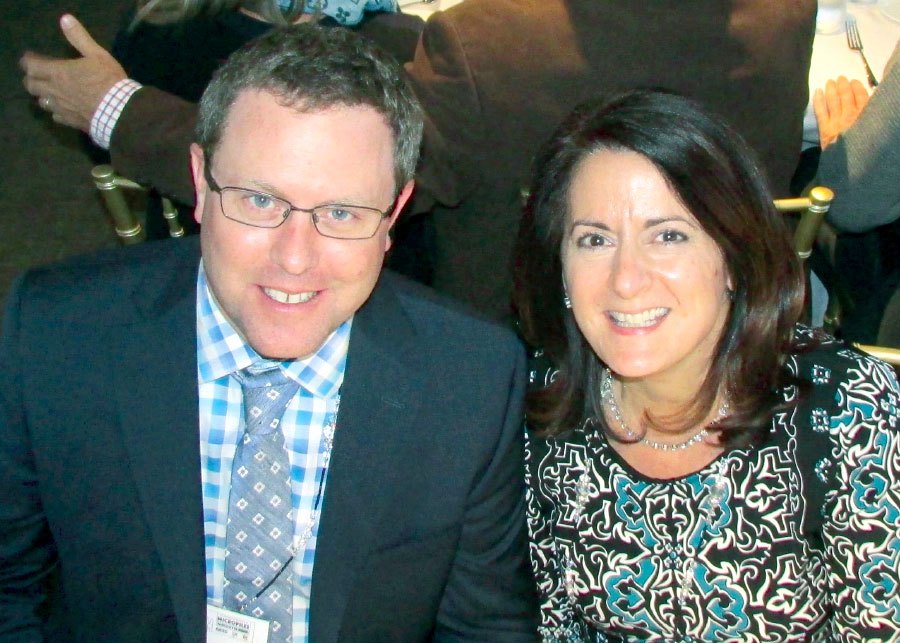
Dan MacLean probably could not have predicted that he would one day grow up to become a micropile guru. However, that is exactly what he is.
In addition to working as a senior engineer for Keller North America, he is the chair of the International Society for Micropiles (ISM), a consortium of international representatives involved in the design, construction, research and development, instruction and promotion of micropile technology.
Born and raised in Truro, N.S., he began his engineering degree in his home province before transferring and completing it at Queen’s University in Kingston, Ont., where he graduated with a mining engineering degree. When asked how he became interested in deep foundations, he smiled and said, “It really was a twist of fate. I honestly did not know much about deep foundations as I started my schooling. One of my first intern jobs was being an underground survey assistant for a potash mine in New Brunswick.”
However, about halfway through his term, the mine had an incident where a large portion of the cap rock collapsed, allowing an inflow of water into the mine. Potash, a type of salt, was dissolving quickly, and production had to be shut down due to safety issues until the problem was solved.
“I was laid off, but quickly got hired as a project co-ordinator for the grouting contractor that came on-site to start an extensive grouting program,” he said. “I worked with this company for the remainder of the summer and continued with them. They did a variety of techniques – which included not only grouting – but also micropiles and anchors. Many years in the future, Keller would acquire this company.”
Focus on business development
As a senior engineer with Keller North America – a position he has held since 2016 – most of his job is focused on business development for the Canadian business unit.
“Keller does a lot of innovative and unique technologies, so we educate engineers and clients on how we may effectively solve an obstacle they have with their project. I always gravitated to the micropile and anchor side of the business, probably to the testing of the elements,” MacLean said.
In his role, he also leads the internal micropile and anchor team for both the North American division and globally. These teams share best practices and innovations, strengthening Keller’s expertise globally. He says what excites him the most about the deep foundation sector are the many ways to solve a problem.
“Usually, a project does not go exactly to plan due to all the unknowns in our field. Having to adapt constantly to get the job done.”

Building a consortium
Keller is also a member of the ISM, which evolved from a peer review team of the initial Florida Highway Administration study on small-diameter drilling. “They would meet every few years with experts worldwide and talk about advancements in their countries. Initially, the goal was to get the product accepted in the deep foundation industry. They did this well; micropiles are now used globally and recognized as a deep foundation element,” MacLean said.
The organization is still active today and is hosting its 15th International Conference on Micropiles from May 31 to June 2 in Vail, Colo. In the past decades, the ISM has helped Australia implement the technology into everyday use and acceptance.
“In the countries where the technology is already mature, we share ideas amongst each other to help improve the efficiency, both in design and implementation,” he said. “I believe you really have to listen to other opinions and ideas. One of the strongest building blocks of my career was participating in trade associations. Seeing the camaraderie between competitors to create a better product really inspired me.”
As for where the industry’s future is headed, he says equipment is improving yearly and allowing companies to do amazing things.
“Our workforce is adapting, and all positions must adapt to these technological advances. In our line of work, there is always the unknown below the surface, but we are quickly finding ways to reduce the risk and better engineer our solutions. Also, being so labour-intensive, we still have safety issues around handling tooling and casing. Developing equipment and processes to reduce these risks is very important,” MacLean said.
Away from work
In his spare time, he enjoys spending time with his wife, Deanna, whom he met through curling. “She was the varsity skip for the Queen’s [University] women’s team, and I was the skip of the men’s team,” he said. “In my younger years, I was fairly competitive, but have moved into a more recreational career phase.”
They also have two sons – Matthew, who is 19, and Ethan, who is 16. “Matthew has just started engineering at Queen’s as well, so it is a bit strange only to have three of us at the dinner table these days.”